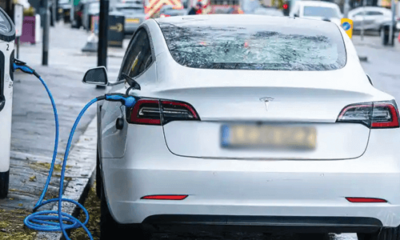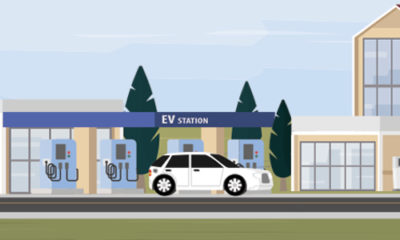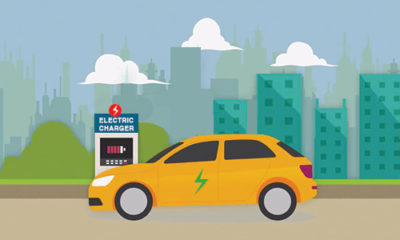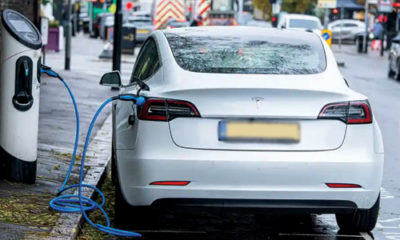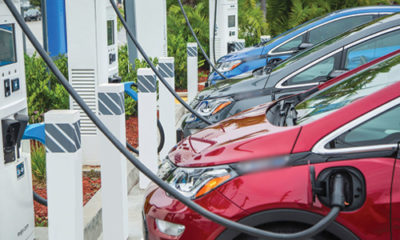News
Adopt the future, switch to EV: Ten reasons why?
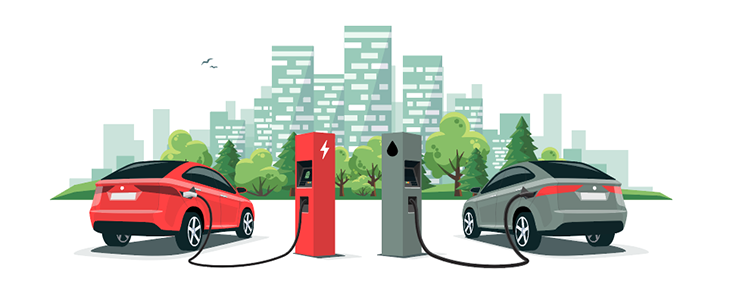

Source: https://www.energybite.co.in/blog-post/adopt-the-future-switch-to-ev-ten-reasons-why/
“E-mobility has been the buzzword in the automobile industry, particularly during the entire past year and the beginning of this year. While the Government has been aggressively pushing for a speedy shift to electric vehicles and coming up with various deadlines as well, the industry too is sparing no effort to achieve this goal. Though the coronavirus pandemic has changed the discourse a bit, the overarching focus on EVs remains intact, and rightly so.”
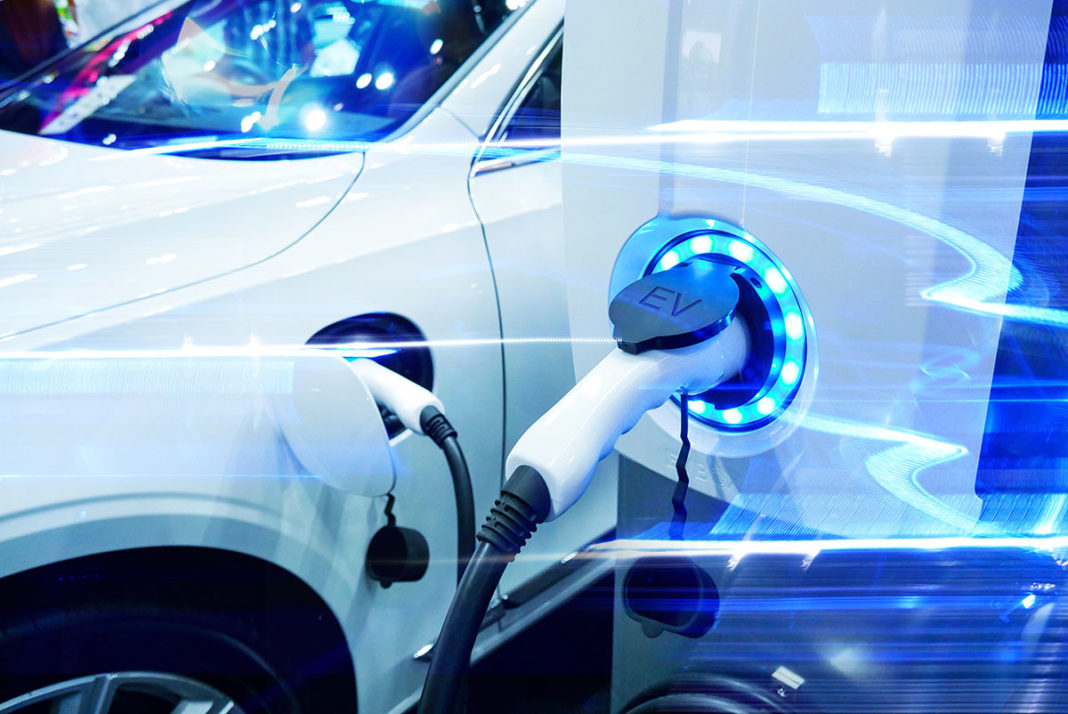

The need to adopt e-mobility is not just essential, but pressing for safeguarding the planet. The last half-century has seen massive, adversarial, changes in climatic conditions. Most research studies confirm that degradation in the environment has been a result of the ever-increasing pollution with vehicular emissions being one of its major contributors.
Though vehicles running on non-renewable energy resources like coal, petrol, and diesel (or Internal Combustible Engine (ICE)-vehicles as they are called) have a whole lot of advantages, their impact on the environment is catastrophic. It’s time to bring a halt to this and go for sustainable alternatives. EVs have turned out to be the right, and the most suitable, substitute and the automobile industry world-over is heading towards this change-over.
- Though vehicles running on non-renewable energy resources like coal, petrol, and diesel have a whole lot of advantages, their impact on the environment is catastrophic.
- Besides, reduced GST of 5 percent, the Government also offered buyers incentives in the form of income tax rebate on loans for buying an electric vehicle.
- While Tata Motors has introduced Nexon EV, calling it ‘India’s own electric SUV’, brands like Morris Garages (MG Motor), Nissan and Hyundai have also launched their most advanced EVs in the country.
- EVs are very easy to maintain with no oil change or tune-ups. They have very few movable parts that would eventually fail and need replacing.
- Electric cars have a better transmission of torque from the motor to the wheel, faster responses, and are more technologically advanced compared to petrol and diesel-powered cars.
The domestic automobile Industry also is slowly, but surely, moving towards electric mobility. Almost all major players are in advanced stages of manufacturing electric vehicles and some have even launched them in the market. The EV adoption, however, is tardy because of a variety of reasons, the primary being non-availability of charging infrastructure. Battery charging time, driving range, and the higher upfront cost of the vehicle is the other key factors.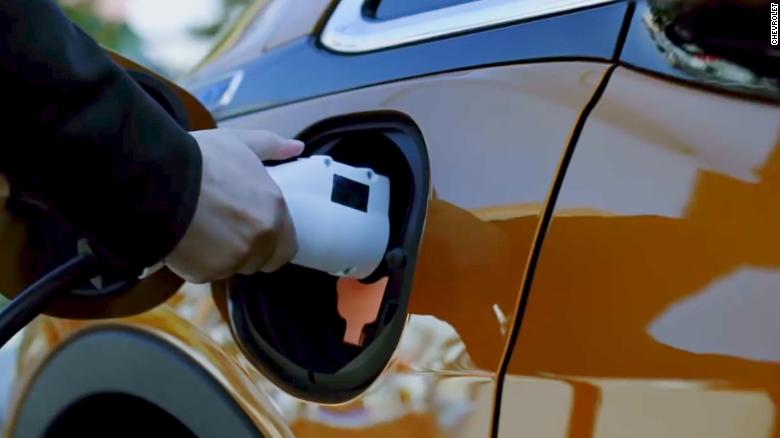

The Government, on its part, is taking a series of steps to smoothen the passage towards EV adoption. The Union Budget 2020 introduced a slew of reforms for the EV industry. Besides, reduced GST of 5 percent, it also offered buyers incentives in the form of income tax rebate on loans for buying EV. Under the Green Initiative and ‘Make in India’ scheme, Phase-II of the Faster Adoption and Manufacturing of (Hybrid &) Electric Vehicles (FAME-II) has also been launched. Only recently, the Delhi Government too came up with its electric vehicle policy under which it will waive the registration fee and road tax, and provide an incentive of up to Rs 1.5 lakh for new electric cars. The policy also includes an incentive of up to Rs 30,000 for electric two-wheelers, autos, e-rickshaws, and freight vehicles.
Though with each passing day things are getting sorted, a lot more needs to be done to make EVs a norm in a country of India’s size. Making efforts to remove skepticism over EV technology and spreading awareness about manifold advantages of such vehicles are essential to building consumer trust. Both, the Government and the industry, need to come together to carry out this task. On our part, we list below ten major advantages of electric vehicles for end-users as well as the environment:
- The technology of the future: Electric Vehicles (EVs) are ahead of the curve with advanced technology. EVs are safer and more comfortable than vehicles running on petrol and diesel.
- Wider options: Automobile brands are now coming up with new advanced models of EVs. The customer now has a wide array of options to choose from. While Tata Motors has introduced Nexon EV, calling it ‘India’s own electric SUV’, brands like Morris Garages (MG Motor), Nissan and Hyundai have also launched their most advanced EVs in the country.
- Range anxiety ends: It was once a big deal for an EV to break the 100-mile barrier on a single charge. Last year saw a drastic change with EVs easily achieving 200+ miles on a full battery. Tesla has taken the world by storm with its Models 3, S, and X which can easily cross 300 miles on a single charge.
- Avail incentives: This is a great time to buy an EV as automobile brands are offering various offers and discounts on them. The Government has also come forward with huge tax benefits and subsidies.
- Low running cost: The running cost of electric vehicles is cheaper as compared to that of petrol and diesel cars. The continuous hike on fuel prices is a major worry for the consumers. That further makes EVs a better alternative.
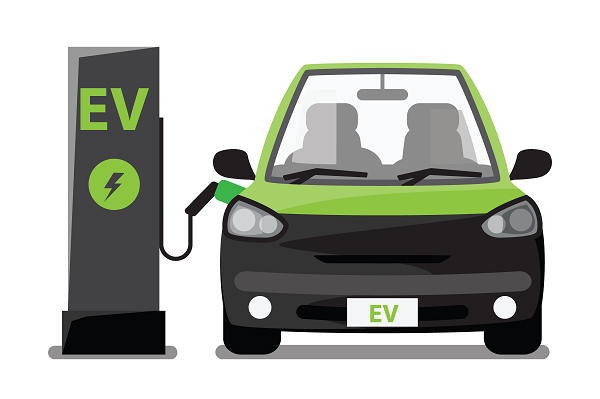

- Low maintenance: EVs are very easy to maintain with no oil change or tune-ups. They have very few movable parts that would eventually fail and need replacing. EVs have one-speed transmission and don’t use any wear-and-tear items like spark plugs, valves, muffler/tailpipe, distributor, starter, clutch, drive belts, hoses, and a catalytic converter, unlike fuel cars. As a result, they have a very good resale value too.
- Charging infrastructure: A large number of public charging stations are being set up rapidly across the country. Last month, the country’s first EV charging plaza was opened in New Delhi and EESL signed an agreement with Noida Authority to install public charging stations and related infrastructure in Noida city. Multinational companies are also investing extensively in setting up a strong infrastructure for EV charging in cities and the highways.
- Zero-emission: One of the major boons of electric vehicles is their zero-emission built. They help reduce pollution caused by petrol and diesel-powered cars. An electric motor does not spread smog-forming pollutants and Greenhouse gases into the atmosphere – making them eco-friendly.
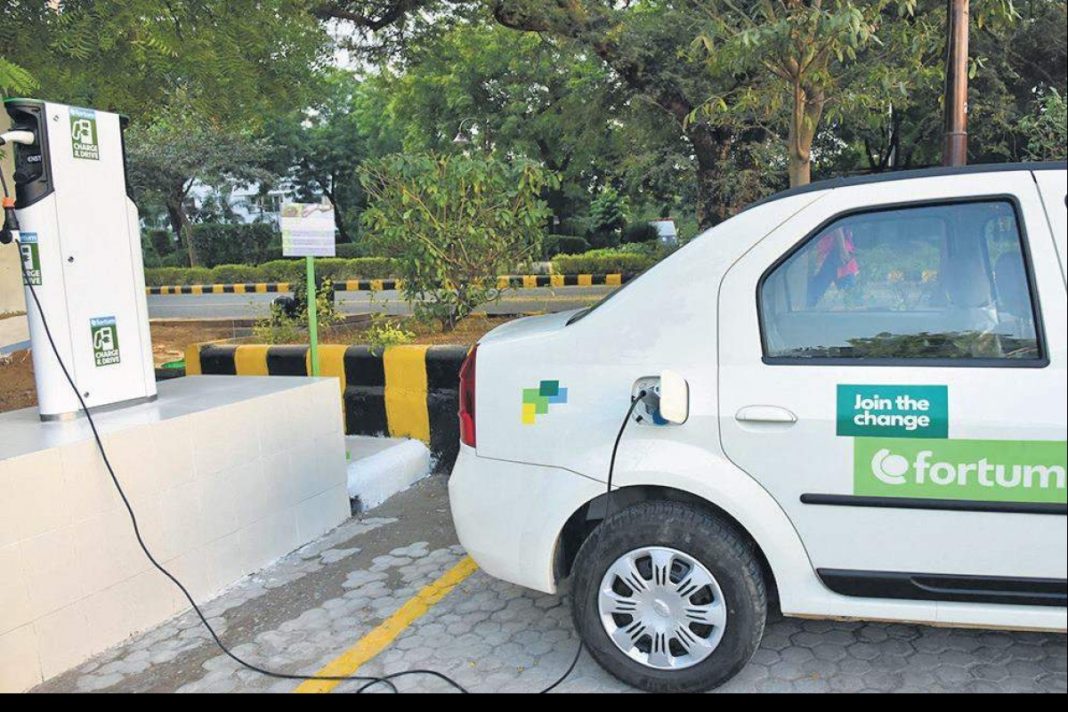

- Extremely silent: The electric vehicles use AC as well as DC motors to power the battery. These motors are extremely silent and help reduce noise pollution, thus providing a relaxed environment for the driver and the environment alike.
- More energy-efficient: Electric cars have a better transmission of torque from the motor to the wheel, faster responses, and are more technologically advanced compared to petrol and diesel-powered cars. This makes them more fun to drive and ideal for thrill-seekers.
The list shows that with a multitude of technological advancements, Electric Vehicles have come a long way, from being just a concept car to consumer’s daily-use vehicles. With continued Government support and host of benefits doled out by manufacturers, EVs are set to gain popularity and steer the future of the automobile industry.
-



 News3 weeks ago
News3 weeks agoKW Delhi 6 Mall Onboards New Brands
-



 News3 weeks ago
News3 weeks agoManasum Senior Living Launches IKIGAI GOA, A Senior Living Community in North Goa, in collaboration with Prescon Homes
-



 News2 weeks ago
News2 weeks agoGodrej Properties Sells Rs 3k cr+ Homes of Godrej Zenith, Gurugram, within 3 days
-



 News3 weeks ago
News3 weeks agoBridging India Divide: Top 5 Tier- 2 Cities to Focus On
-



 News3 weeks ago
News3 weeks agoCommercial Realty Gets Tech Savvy: Fast Construction, Enhanced Convenience
-



 News3 weeks ago
News3 weeks agoMultipoint Connection – A Definite Boon
-



 News2 weeks ago
News2 weeks agoRBI’s Status Quo on Key Policy Rates to Help Maintain the Real Estate Growth Momentum, Say Industry Stalwarts
-



 News3 weeks ago
News3 weeks agoSacred Cities See a Retail Boom as Spiritual Tourism Surge: CBRE Report









